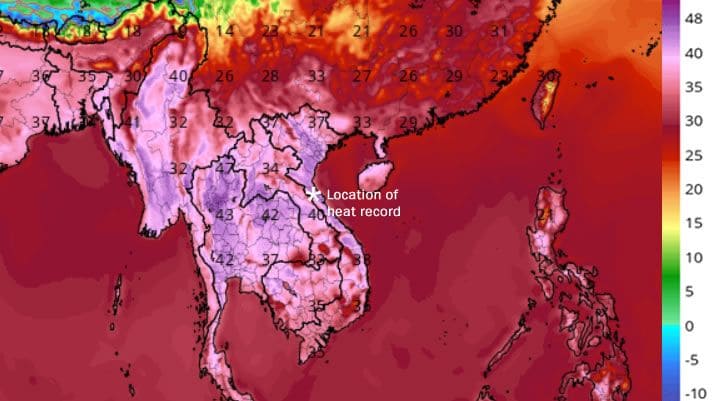States shed reinsurance and 'run naked' through storm risks
By EVAN LEHMANN of ClimateWire Several states prone to natural disasters are measuring the odds on a mega-bet. Concerned observers say those calculations are based on “Lady Luck” and “rolling the dice.” Public insurance programs in some coastal states are flirting with the notion of saving millions of dollars every year by shrinking or canceling the coverage they buy from private reinsurers — the deep-pocketed companies that insure insurers whose exposure to loss exceeds the budgets of some nations. States are the insurers in this case. And they are either tired of paying piles of cash for reinsurance policies that are rarely needed, or too broke financially to maintain coverage that has saved state residents from paying billions in hurricane damage claims. In the parlance of the insurance business, without coverage or a hedge against their expensive risks, they are “running naked.” Here’s the bet: Save hundreds of millions with no disaster, or pay perhaps billions with one. “It’s actively discussed every year,” John Golembeski, president of Massachusetts’ public insurance program, said of discontinuing the state’s reinsurance policy. The price this year was $80 million. In return, the reinsurer promises to pay $900 million in claims if a storm sweeps ashore. Golembeski makes sure those decisions, made by money-counting legislators, are accompanied by a weather warning: “We don’t know when it’s going to hit.” …

